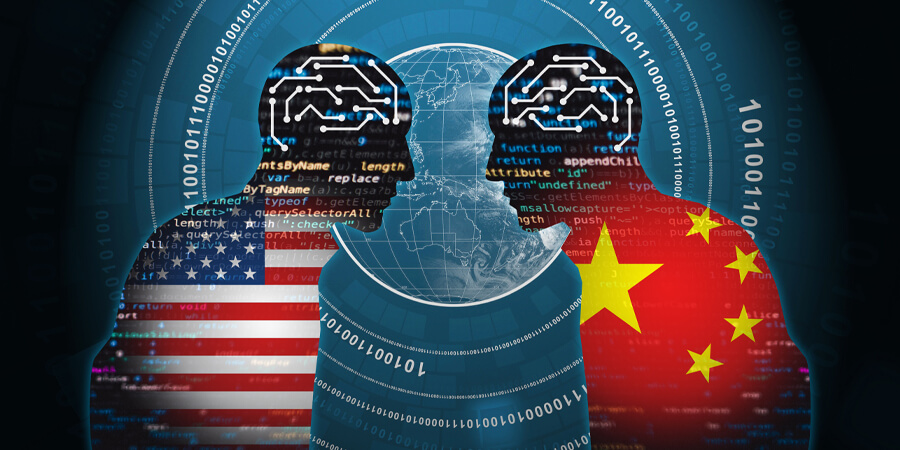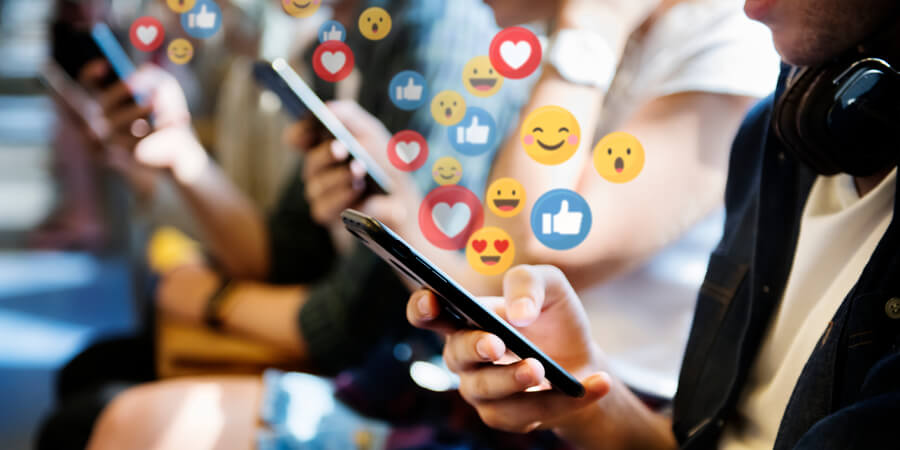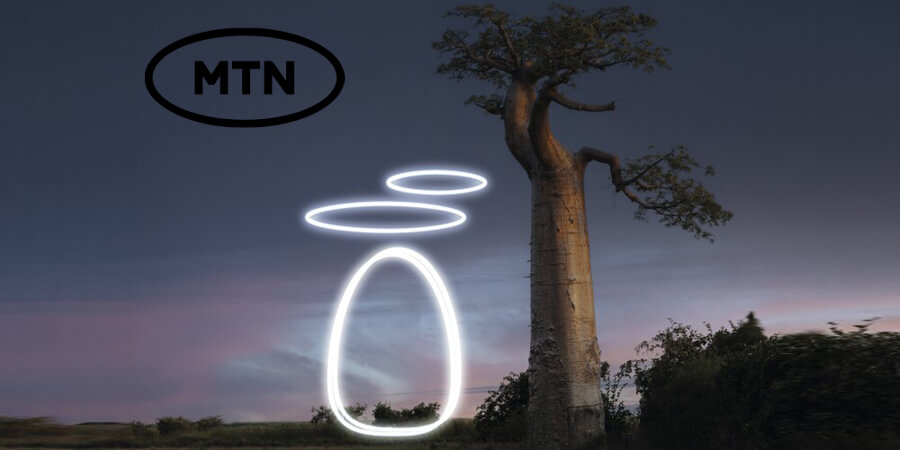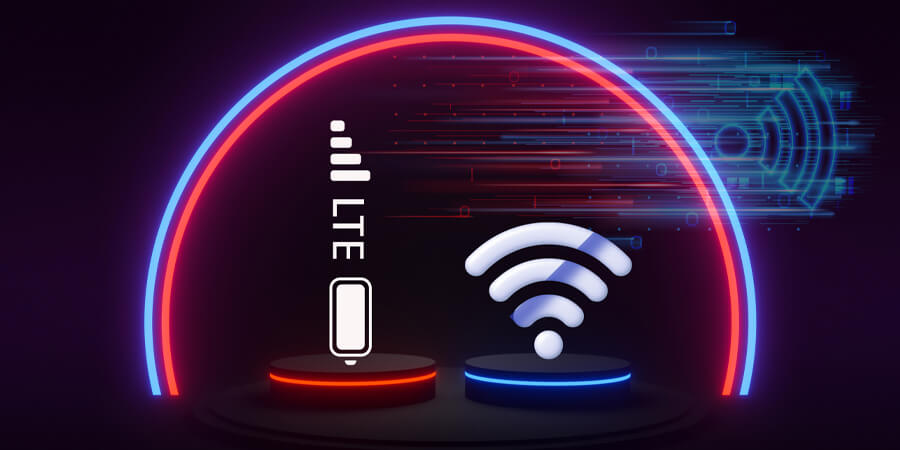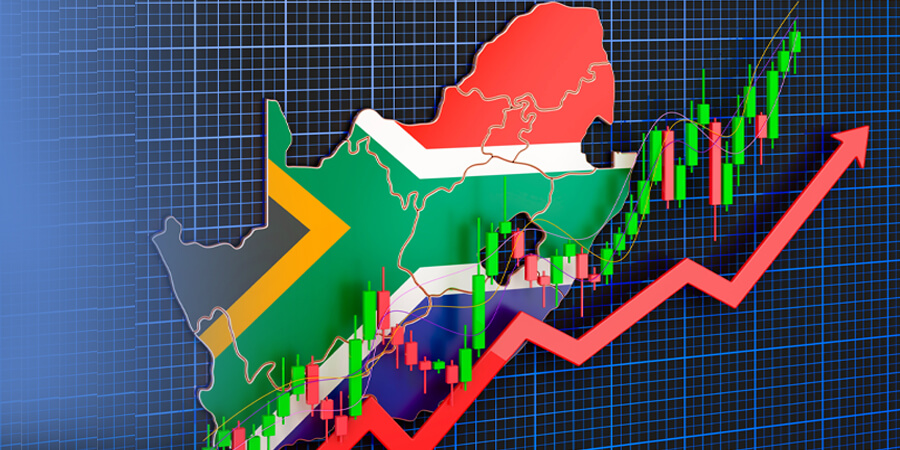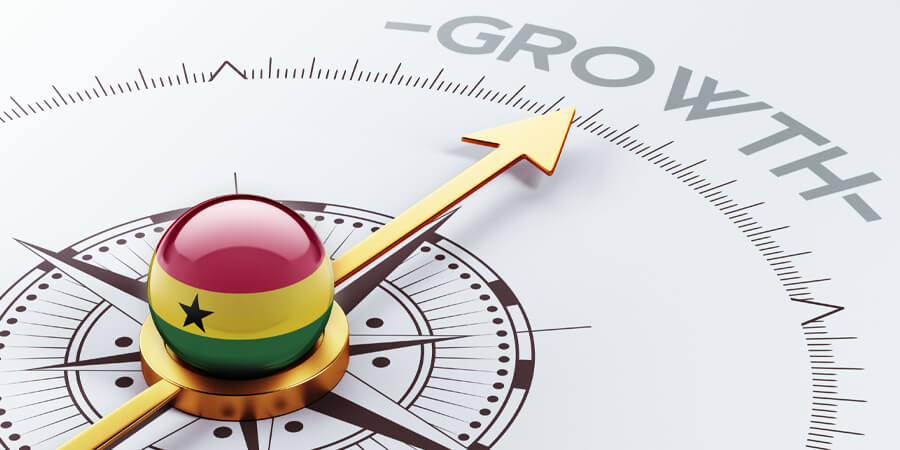In today's digitally connected world, safeguarding sensitive information goes beyond firewalls and encryption. Social engineering, a deceptive practice rooted in the particulars of human psychology, poses a substantial threat to individuals and organizations alike.
Features
China vs. USA: The Battle for AI Dominance Is Underway
Artificial intelligence (AI) has rapidly grown in China. Its market value already stands at 20 billion euros and has the potential to double in the next two years. Beijing has the ambitious goal of overtaking the United States and becoming the world leader in AI by 2030. AI — the technology simulating human intelligence and commanding the biggest headlines — has far-reaching applications in generating text, images, videos and creative designs, with seemingly endless new use-cases discovered every day. China's swift progress in this field is causing certain of the nation’s professions to start fearing their demise, with experts warning of AI's potential to disrupt our relationship with reality at its very core.
How Social Media Sells the Illusion of Reality
In an age dominated by digital connectivity, social media platforms have become the lens through which many of us view the world. From captivating vacation snapshots to shedding light on the world's everyday struggles, these platforms offer a curated window into the lives of friends, family, and influencers. However, beneath the glossy surface lies a complex web of psychological and technological mechanisms that conspire to sell us the illusion of reality.
Beyond the Illusion: Unraveling the Technology Behind Deepfakes
In today's digital age, the line between reality and fiction has become increasingly blurred. The emergence of deepfake technology has raised concerns and sparked debates about the authenticity of visual content. Deepfake refers to manipulated videos or images that use artificial intelligence algorithms to superimpose one person's face onto another, creating highly realistic and often misleading content.
From Telco Titans to Tech Innovators: How Companies Evolve in the Digital Age
In a rapidly digitizing world, African telecommunications companies are reimagining their roles. Traditional industries, once far removed from the tech ecosystem, are now redefining themselves as technology companies.
5G Cellular vs. Wi-Fi: Unraveling the Wireless Tech Battle
The debut of 5G is well underway and is ushering in faster speeds, greater reliability and improved efficiency when compared to the older 4G network. This promising advancement has stirred considerable curiosity, particularly when considering how 5G measures up against the ubiquitous Wi-Fi networks we're accustomed to. The question is: What are the common points and main differences between 5G and Wi-Fi?
The Synergy of AI and IoT for a Smarter Home
In 2022, approximately 57.4 million individuals embraced the use of smart home devices, illustrating the widespread adoption of artificial intelligence (AI) and the Internet of Things (IoT) in our daily lives. In light of the growing numbers of people engaging with these technologies, it becomes imperative to delve into their functionalities and significance.
PSTN and UCaaS: Finding the Ideal Communication Solution for African Businesses
In the ever-evolving landscape of communication technology, businesses in Africa are constantly faced with decisions that can significantly impact their operations and bottom line. One of the crucial choices that companies often grapple with is selecting the right communication system for their needs, and in the African context, this decision can be particularly critical due to unique challenges and opportunities.
Pricing Dilemma: The African Nations Charging the Most for Internet Data
In this era of digital advancement, maintaining global connectivity has become an integral necessity for our daily existence. Across the vast expanse of Africa, the dependence on mobile data serves as a crucial link, surmounting geographical barriers and enabling access to essential services. However, a concerning reality looms over this reliance as many across the continent grapple with the exorbitant expense associated with this indispensable utility. Despite the establishment of submarine cables to interconnect the continent, the cost of a gigabyte of mobile internet data remains persistently elevated on average.
The Thriving ICT Sector in Ghana: Driving Economic Growth and Consumer Confidence
The Information and Communication Technology (ICT) sector in Ghana stands as a robust driver of economic growth, demonstrating impressive resilience in the face of fiscal challenges and currency devaluation. With an estimated value of approximately US$1 billion, experts project this sector could surge to a substantial US$5 billion by 2030. This growth trajectory firmly establishes Ghana's ICT industry as a pivotal force driving economic progress and fostering innovation across the West African region.





